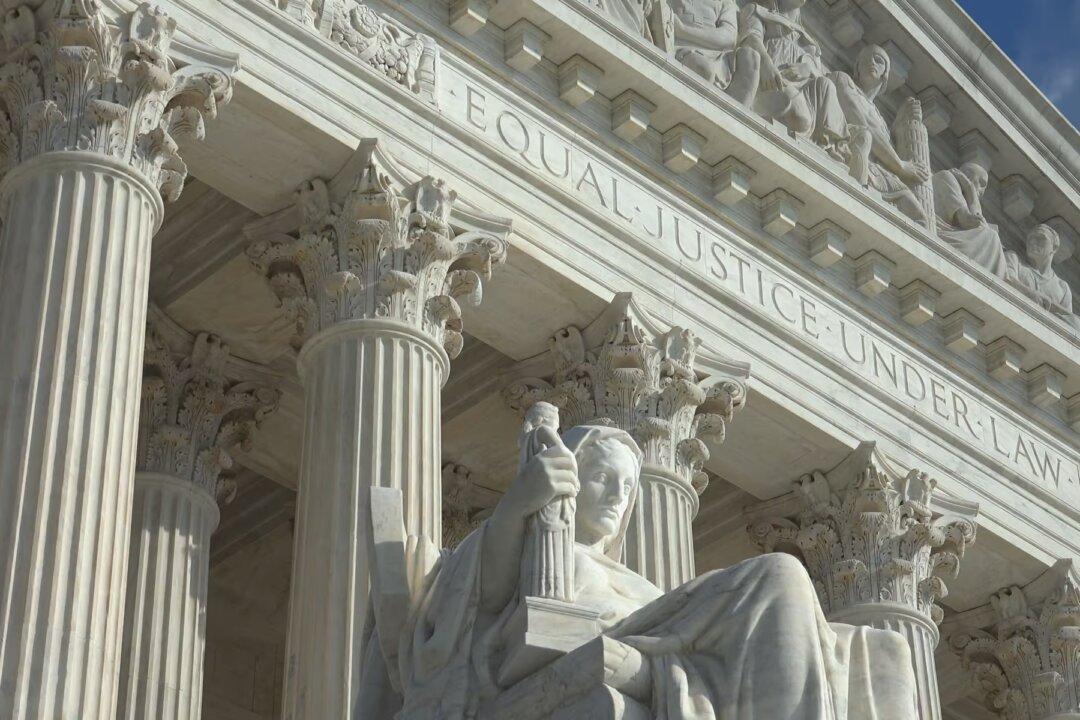The Supreme Court will decide in the coming months whether it will hear a challenge to New York City’s strict rent control laws.
A victory by landlords could set off a chain reaction nationwide, inviting legal challenges to the many rent control laws in place in jurisdictions across the United States.





